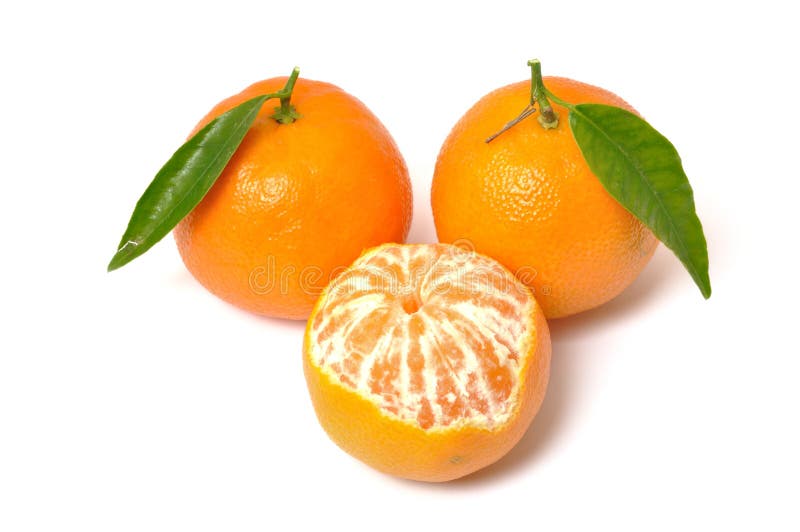

Immune functioning: Vitamin C helps the immune system destroy infectious microbes while limiting damage to the body’s tissues.

The human body is unable to make vitamin C, so a person must get this vitamin from their diet.Īccording to the NIH, vitamin C is important for the following: The NIH also notes that vitamin A is involved in the following body processes:Ĭlementines are a rich source of vitamin C. They give these organisms their bright yellow, orange, or red coloring.Ĭlementines and other mandarin fruits are rich in provitamin A carotenoids, which the body converts into vitamin A, explains the National Institutes of Health (NIH).

Cardiovascular protective properties: Citrus flavonoids help stop red blood cells from clumping together, reducing the risk of blood clots.Anticancer properties: Citrus flavonoids may help protect against tumor growth.Anti-inflammatory properties: The flavonoids in citrus fruits influence the metabolism of arachidonic acid and histamine, both of which are involved in the body’s inflammatory response.Per the 2019 review, citrus flavonoids possess the following health-promoting properties: Research suggests that flavonoids also play a beneficial role in human health. Mandarin fruits, like clementines, have the highest content of flavonoids, compared with other citrus fruits, according to a 2019 review. FlavonoidsĬlementines and other citrus fruits contain natural plant chemicals called flavonoids, which help regulate the growth of the plant and protect it from pathogens and disease, 2018 research explains. Some potential health benefits of clementines and other citrus fruits are outlined below.


 0 kommentar(er)
0 kommentar(er)
